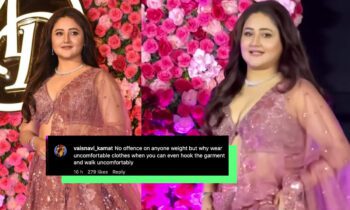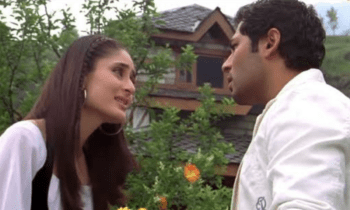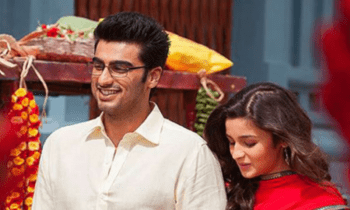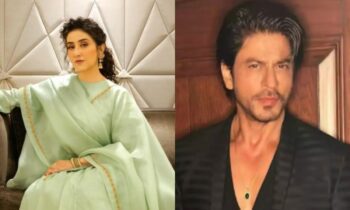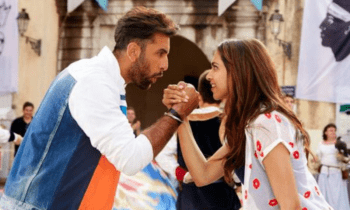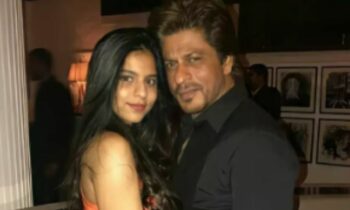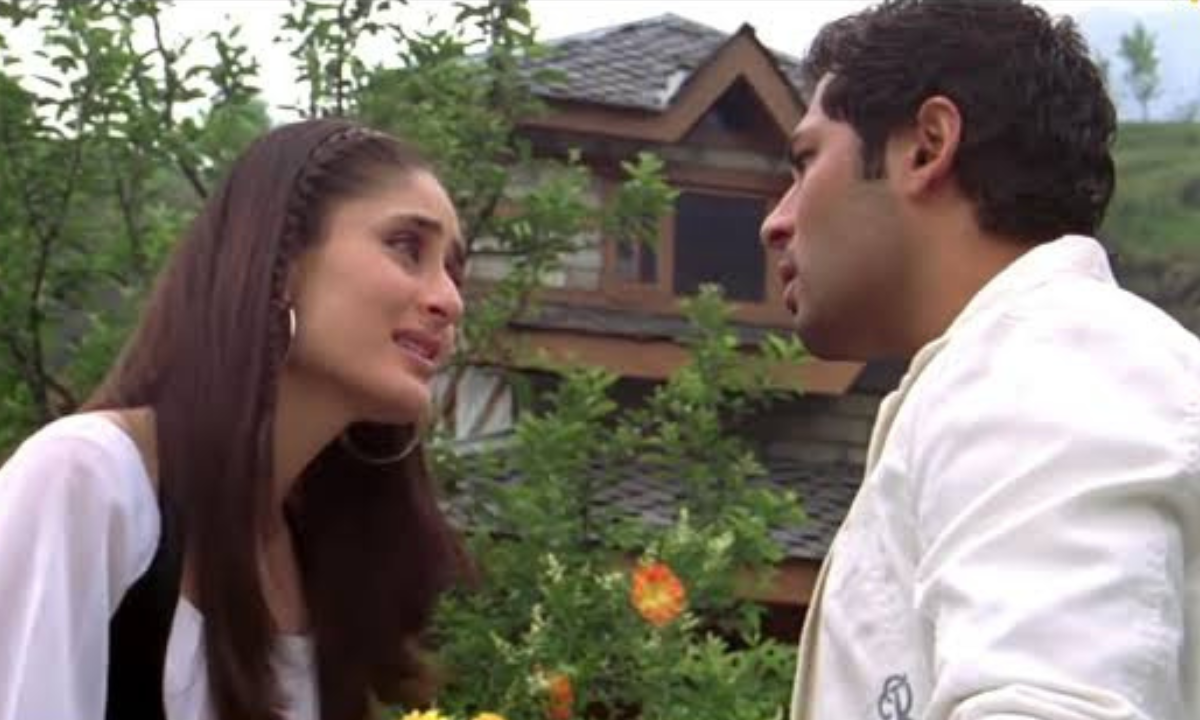Throwback Thursday: Karisma Kapoor’s Zubeidaa Is A Thought-Provoking Tale Of A Woman In Her Pursuit Of Freedom And Love
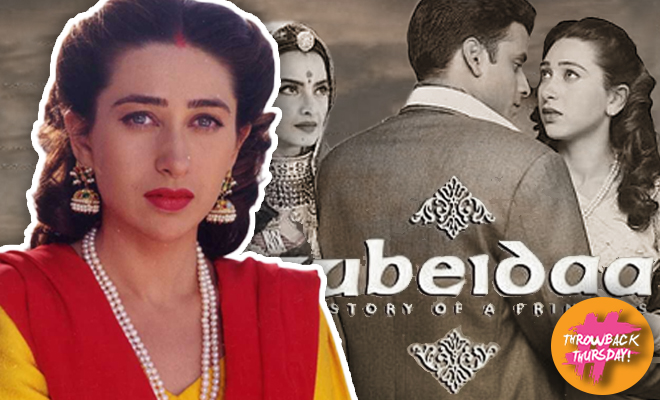
Karisma Kapoor celebrates her birthday today and as she turns a year older, she exudes the same kind of poise and charisma she did ever since her love affair with cinema began. I have grown up watching her films, as she became the first daughter of the Kapoor khandaan to become an actress. She broke rules and traditions to follow her dreams and then went on to prove her mettle. And today, I decided to re-watch her film Zubeidaa, which is one of her best performances. Zubeidaa showed what freedom truly means and how several people, including your loved ones, can harm your mental health. In fact, Karisma did Zubeidaa at a time where female-centric movies weren’t the norm, and with this, she proved that female-driven movies can pull in the audiences too. Like her, Zubeidaa too is a free spirit with a bubbly and enchanting personality.
Right at the start of the film, we see a young boy sitting on the dining table with his grandparents when soon the conversation shifts to his mother’s death. And we have a crippling fear that it’s Zubeidaa we are hearing about. The young boy is her son, Riyaaz. We jump to a different time when Riyaz (Rajit Kapoor) is all grown up and curious to know more about his mother and we feel that keenness building in us too as we stay glued to find out what really happened.
https://www.instagram.com/p/CB19GtwFXiF/
The story of Zubeidaa is told through the eyes of people close to her but do they really know her? Riyaz begins to see his mother more through the diaries she left behind, the ones who were her only true companions in an otherwise lonely life. We see her as a young, vivacious girl taking dancing lessons and jumping with joy over her little victories. She loved to dance and couldn’t stop her feet from moving the moment the music started up. That was her – spontaneous, poised, and ambitious. But being born in a conservative family did her no good, as her father’s toxic masculinity shackled her feet and freedom.
After snipping her dream of becoming an actress, her father forcefully announces her marriage to his friend’s son. She tried to reason with him, asks him to consider that she wants to finish her education and doesn’t want to be restricted to domestic duties. Zubeidaa wanted to fall in love, and not be tied to someone she doesn’t even know. But her mother abetted the patriarchy in the house, supporting the decision and clipping Zubeidaa’s wings in the process.
She’s frustrated that her fate is decided by other men – be it her father, her husband, and his father. Just when she delivered her son Riyaz, her father and father-in-law had a fallout and they force their children to get divorced. There she is, with a newborn baby and becoming collateral damage – as women have always been in any war – to the bruised egos of men in her life.
This really wasn’t the society for her because unlike her mother, she wasn’t one to embrace being caged. She wanted to live her life, like Aunty Rose (Lilette Dubey)– who was often shown as a fallen woman because she drank, danced, and lived life on her own terms. She was despised especially by Zubeidaa’s mother who blamed her for her death. Why? Because she encouraged her to live a little, which according to her mother was the beginning of her fall.
Aunty Rose introduces Zubeidaa to Maharaja Vijayendra Singh of Fatehpur (Manoj Bajpayee) and soon they fell in love. He asks her to marry him and become his second wife as his first marriage was fixed when he was 12 with Mandira Devi (Rekha). She rebels, unwilling to compromise again. All Zubeidaa wants is a chance at love and life, and unfortunately, she thought she’d find it in Victor as they all call him. Her mother gives her a choice between being with her son or going away with Victor and she chooses the latter.
As it turns out, she has traded one cage for another, and this time, this one is unfamiliar. There she was a pretty doll only meant to entertain the king. Zubeidaa was frustrated as she felt objectified, lonely, and like a second option to his first wife Mandira Devi who seemed to be his true companion. Top that with Victor’s brother’s sexual advances and she begins to feel threatened. She wants to guard her happiness, her freedom, and her sanity – yet all of this was slipping away from her.
In the end, when Riyaz goes to Mandira Devi, she tells him that Zubeidaa created a ruckus when she and Victor were leaving on a plane. Zubeidaa went instead of Mandira and the plane crashed. Everyone considered her a bad woman who caused the crash but it was indicated that it was Victor’s brother. But was it really the plane crash that took Zubeidaa’s life? Or was it our patriarchal society that suffocated her?
ALSO READ: Throwback Thursday: Rishi Kapoor’s Debut Film Bobby Is Progressive And Promotes Gender Equality
Karisma Kapoor’s Zubeidaa is about a woman who was failed by the society and by those who loved her. She was looked down upon by people for having a voice, opinions, and expectations. All she wanted was love and freedom and Zubeidaa wasn’t a woman who would accept a life of slavery. She fought for it. She was silenced, but she screamed louder. She was a woman whose life would have been far happier in a liberal culture. And that’s just all of us. We need a better world and we refuse to be silenced until we get it. I don’t know if back in 2001, our society was ready for this movie that addressed the misogyny in our culture, but is it ever ready? Zubeidaa is the shock that was needed to make people think about gender biases, relationships, and mental health. And this film is as relevant today as it was back then.





